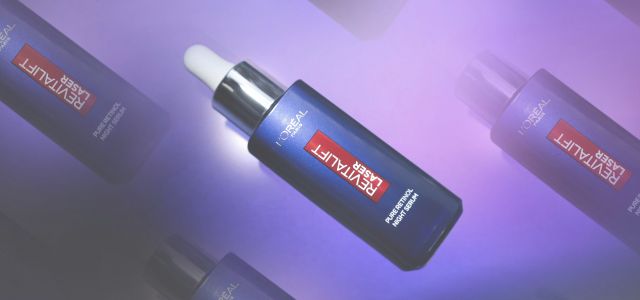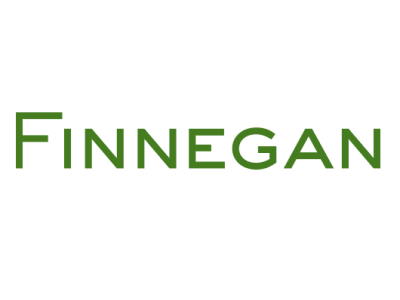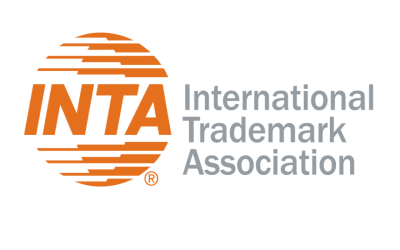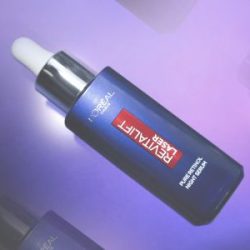The trademark dispute between global beauty giant L’Oréal and Nottingham-based waxing salon nkd in the UK has dominated headlines and sparked debate across the IP community. Widely portrayed as a “David vs Goliath” battle, the case raises fundamental questions about fairness, enforcement, and the interpretation of trademark law in the UK.
Impact of trademark disputes on nkd and other small British businesses
Rebecca Dowdeswell created the nkd brand for her local beauty salon in 2009. In the same year, she registered the logo in class 44 for beauty therapy and other related services. 10 years later, Dowdeswell missed the deadline to renew her trademark, which fell around the period of the COVID-19 outbreak. In May 2022, she filed fresh trademark applications for the word mark ‘NKD’ or ‘nkd’ in class 44 for beauty salon services, and for the logo in classes 44 and 3 for cosmetic and beauty products, as she had subsequently developed a line of waxing aftercare products.
In September 2022, she received a letter from L’Oréal requesting that she withdraw her 2022 trademark applications, citing their prior registered mark NAKED registered in class 3. L’Oréal sells eye shadow palettes under the brand NAKED. A trademark dispute arose, which culminated in a hearing in early November at the UKIPO, and a decision is expected within a year.
Dowdeswell has stated that the legal battle cost her over GBP 30,000 in costs, and she claims the financial distress played a role in the closure of her flagship Nottingham salon.
This case illustrates the disproportionate impact of IP disputes on SMEs. Administrative oversights, such as missed renewals, can escalate into existential threats when combined with enforcement by multinationals. For small businesses, proactive IP management—timely renewals, monitoring, and early legal advice—is essential.
The balance to be struck
The nkd dispute exposes challenges in the UK IP regime. While enforcement is a legal right, the optics of pursuing a small business have the potential to damage brand reputation. It may have been that confidential mediation or pursuance of coexistence agreements could offer pragmatic alternatives to a public dispute at a registry office or, indeed, the court.
One purpose of IP protection is to incentivise brand owners to develop and safeguard their brands. The possibility of public backlash following the enforcement of IP rights, regardless of how well-known the proprietor may be, should not deter the owner from exercising their legal rights. That said, in today’s environment, reputational considerations remain important and should influence the manner in which enforcement is pursued.
Trademark similarity and the threshold for likelihood of confusion
Central to the dispute is the test for likelihood of confusion under section 10 of the UK Trade Marks Act 1994. L’Oréal argued that NKD is conceptually and phonetically similar to NAKED, creating a risk of consumer confusion. Dowdeswell countered that the marks differ visually and aurally, and that their respective markets—waxing services versus cosmetics—are distinct.
UK tribunals apply a multifactorial approach, considering visual, phonetic, and conceptual similarity alongside the nature of goods and services, trade channels, and consumer perception. The UKIPO’s decision, expected in 2026, will be reported widely, and it is possible that the decision could be appealed.
Broader lessons for IP practitioners and brand owners
For practitioners, the case reinforces the need for nuanced advice that balances legal rights with commercial realities. Enforcement strategies should weigh reputational dimensions alongside legal strength. For SMEs, the dispute is a stark reminder that IP portfolios require active management—renewals, monitoring, and contingency planning are critical to avoid costly litigation and disputes.
Conclusion
Dowdeswell’s local MP, James Naish, highlighted to the UK Parliament the need for the UKIPO to strengthen IP support for small businesses. Improved access to justice will certainly be welcomed by smaller businesses.
The L’Oréal vs nkd saga is more than a trademark skirmish; it is a case study in the intersection of law, support for small businesses, and business strategy. It challenges stakeholders to rethink how IP systems can protect innovation without stifling entrepreneurship.

Written by Varuni Paranavitane
You may also like…
Trademarking the dupe economy: what LULULEMON DUPE signals for the future of enforcement
The dupe culture, particularly in the fashion market, is here to stay. The less expensive versions of luxury garments...
INTA elects Deborah Hampton as 2026 President
Hollywood, Florida—November 18, 2024—The International Trademark Association (INTA) is pleased to announce the...
INTA files amicus brief relating to geographical indications filed for as collective mark applications
New York, New York—November 14, 2025—The International Trademark Association (INTA) has filed an amicus...
Contact us to write for out Newsletter













